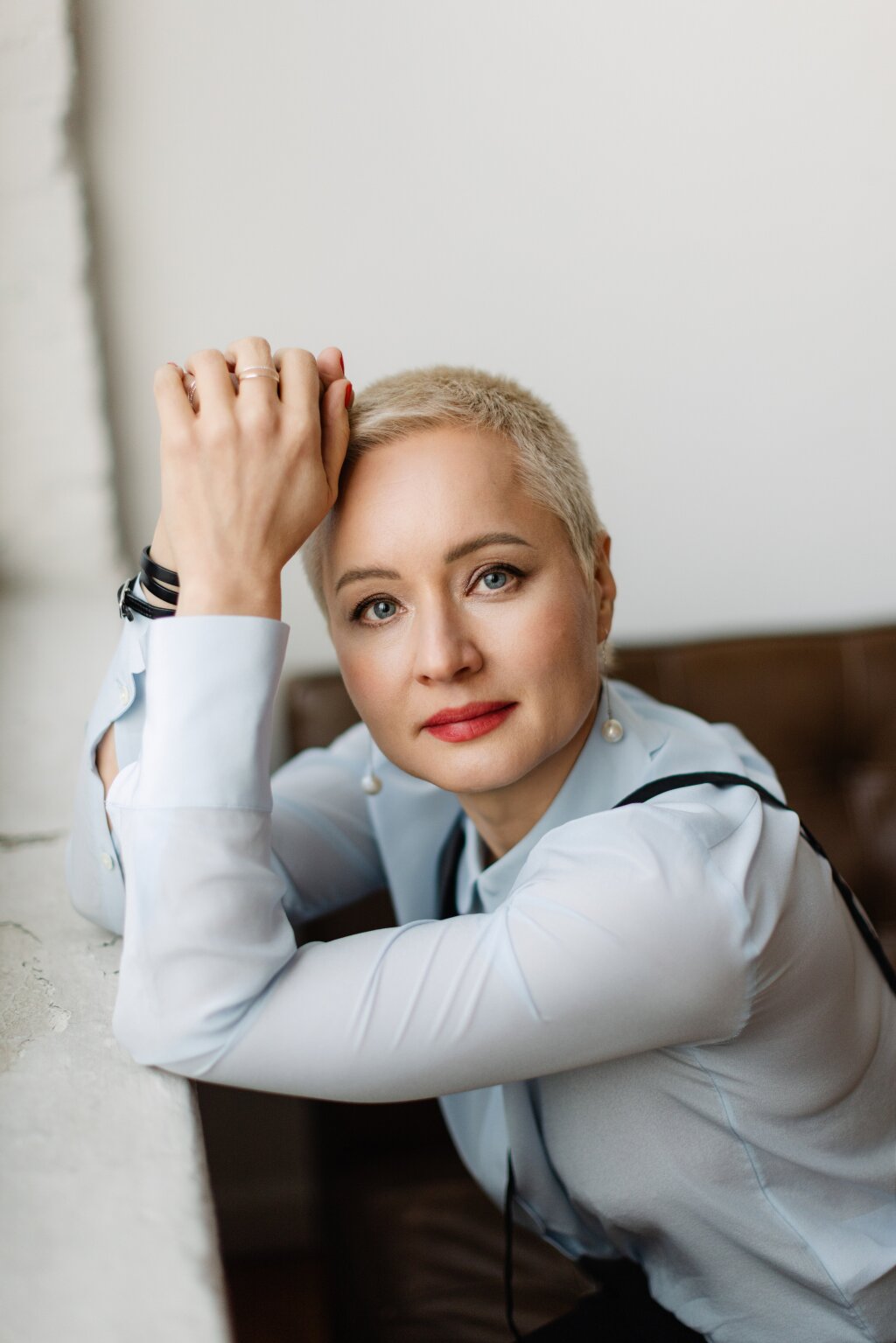Join us for the Health Matters, A Virtual Lecture Series on Medicine, Illness, and Public Health. This event will be hosted online. Register for the Zoom meeting.
The dissolution of the USSR was relatively bloodless. The Chechen wars were not. Between 1994 and 2009 two violent civil wars took place between Chechen separatist forces and Russian federal troops. By the end of this period, Moscow had been rocked by multiple terrorist attacks and Grozny was declared “the most destroyed city on earth.”
While the Chechen wars were unique in some ways to the former USSR, they were also part of a more general “Global War on Terror” that pitted regular military forces from large, powerful countries such as the US and Russia against insurgents, frequently with Islamist ties. This created a new trend in war literature, one focused on the trauma and alienation of the GWOT combatants, who experienced the uncertainty of the asymmetrical battlefield in combat and then the difficulty of integrating with a largely ignorant and indifferent civilian populace once they returned home. This trend, Elena Pedigo Clark argues, is visible Russophone as well as Anglophone literature from this period.
Trauma and Truth: Teaching Russian Literature on the Chechen Wars (Academic Studies Press, 2023) examines works by four significant authors of literature about the Chechen wars through the lens of trauma theory. Using Kalí Tal’s concept of “the literature of trauma,” it focuses on works that were created in order to share the author’s personal experience of trauma with the world. Borrowing from Judith Herman’s Psychological Trauma, I show how symptoms of PTSD such as non-linear memories and the belief of being “initiates in the cult of war” are literally inscribed in the texts, as the authors “tell and retell,” to use Tal’s phrase, their trauma in an attempt to connect with others they ultimately believe can never understand them.
This talk will give an overview of the main theories of trauma and literature used in Trauma and Truth, how they are represented in the works under examination, and some suggestions for what this might mean for Russian society as a whole. In particular, this talk will connect concepts from the book and from trauma theory to recent events such as acts of domestic terrorism committed by American former servicemembers or the Russian invasion of Ukraine, in which Chechen veterans have participated on both sides. The talk will discuss the particular trauma of the asymmetrical battlefield, the benefits and dangers of teaching war texts, the issue of combat addiction, and what trauma theory and war literature can tell us about interpersonal and international conflict.
Elena Pedigo Clark is an Associate Professor of Russian at Wake Forest University. Her research focuses on literary form, Russian identity formation vis-à-vis the Russian periphery, and сontemporary war literature. She has published multiple articles on these topics, and her book Trauma and Truth: Teaching Russian Literature on the Chechen Wars was released in 2023 by Academic Studies Press.



